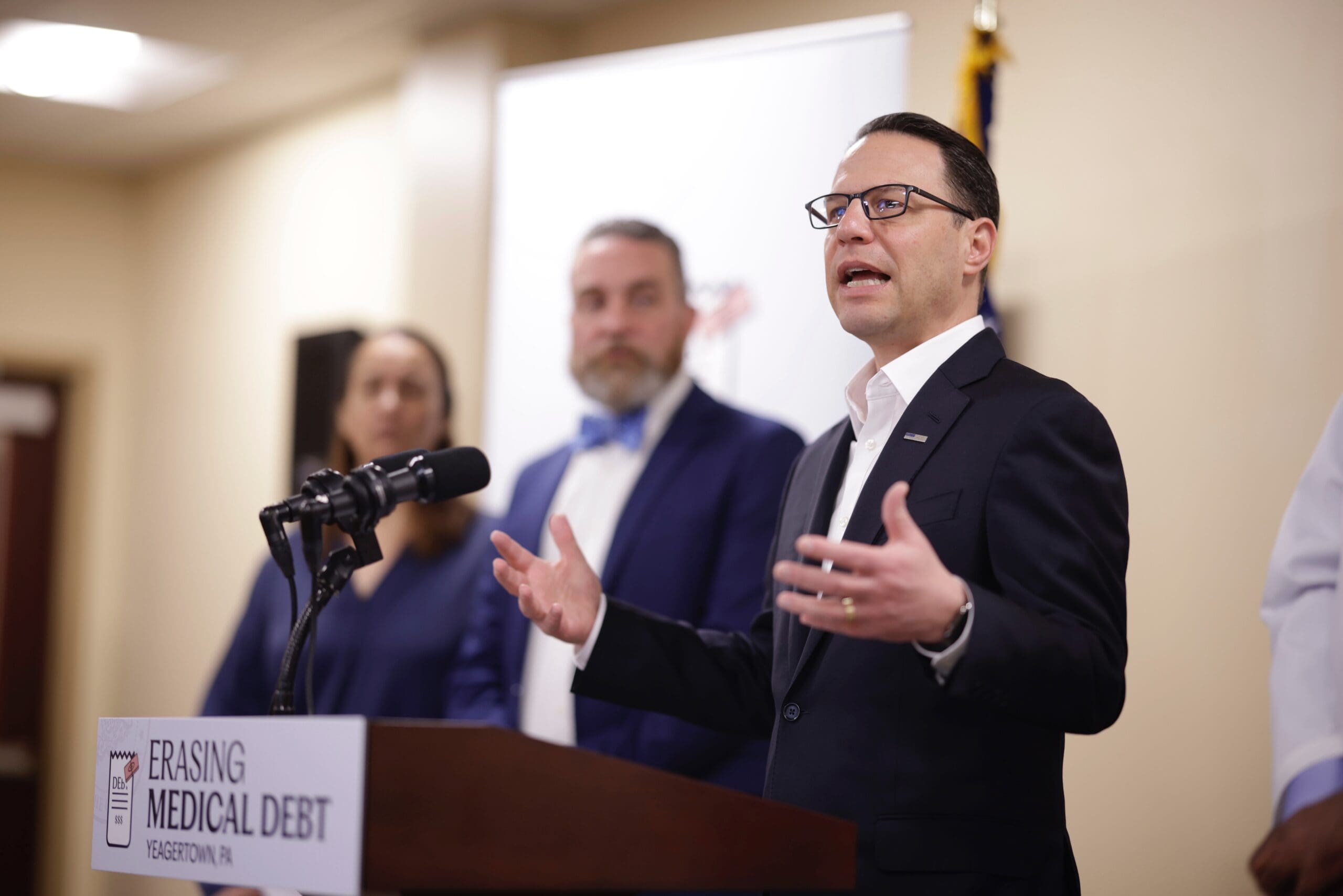Opinion: Contraceptive rights are next on the chopping block

Lisa Needham
After their success with Dobbs, anti-abortion activists have a new target: contraception.
Conservatives scored a big win when the Supreme Court overruled Roe v. Wade. Now, hardline anti-abortion activists are teeing up an even bigger attack: banning birth control.
Already, activists are calling for the end of birth control. Kristan Hawkins, the president of Students for Life, misleadingly said it “inhibit[s] a natural bodily process,” has significant side effects, and causes cancer.
This mischaracterization of birth control by conservative leaders is nothing new. Indeed, a big part of the 2014 U.S. Supreme Court ruling that allowed businesses to deny contraceptive coverage if they found it morally offensive was based on a deep misunderstanding of the mechanisms behind birth control.
The plaintiffs falsely claimed that intrauterine devices (IUDs) and Plan B actually cause abortions — they actually prevent unwanted pregnancies. And earlier this year, the Missouri legislature entertained a ban on Plan B — one sponsor said it’s something they “don’t believe in.”
However, CDC research from 2013 found that nearly everyone who can get pregnant used birth control at some point in their lives. A head-on attack on their right to use contraception could backfire.
Despite widespread use, some efforts to restrict abortion also significantly restricted access to birth control. The Guttmacher Institute, a reproductive health policy advocacy and research institution, found that a pre-Dobbs Iowa initiative defunding abortions also prevented people from accessing contraception.
In 2017, Iowa decided to decline Medicaid family planning dollars, instead setting up state-run clinics, and blocked funding to any clinic that provided abortion in tandem with other reproductive health services. The policy drove low income people away from places like Planned Parenthood, which could no longer receive public money.
Guttmacher found that people who went to Iowa’s publicly-funded clinics had far less chance of receiving contraceptive care. Before the shift, 32% of people who went to a clinic reported that they didn’t receive contraceptive care. After Iowa excluded clinics like Planned Parenthood from funding, the share of people saying they were not receiving contraceptive care nearly doubled, to 62%. It wasn’t just that people weren’t getting contraceptive advice and care from those clinics. Rather, the overall share of people who simply stopped using contraception at all jumped from 9% to 15%.
Iowa saw this move as a way to starve Planned Parenthood and other similar clinics by stripping Medicaid’s ability to reimburse them for reproductive health services. They instead opted to deprive their own citizens of access to birth control. Now that Iowa’s conservative governor is also asking pushing a court to allow implementation of their so-called “fetal heartbeat” law — which functions as a six-week ban — the future of reproductive health access in the state is grim.




